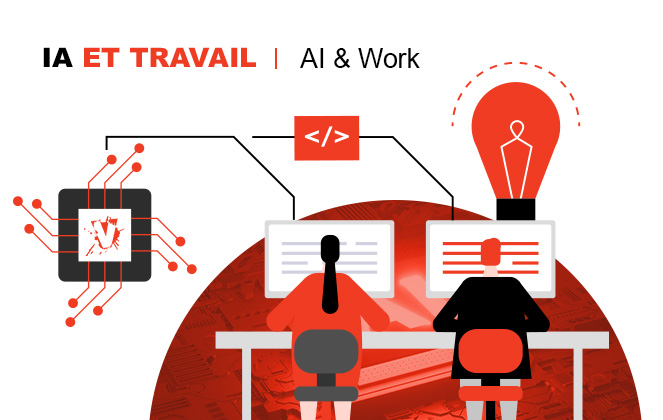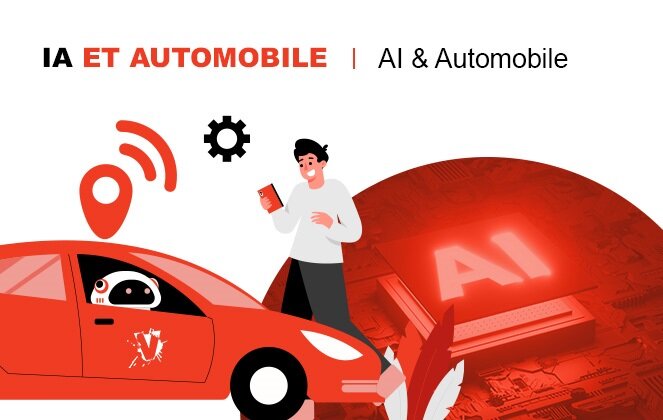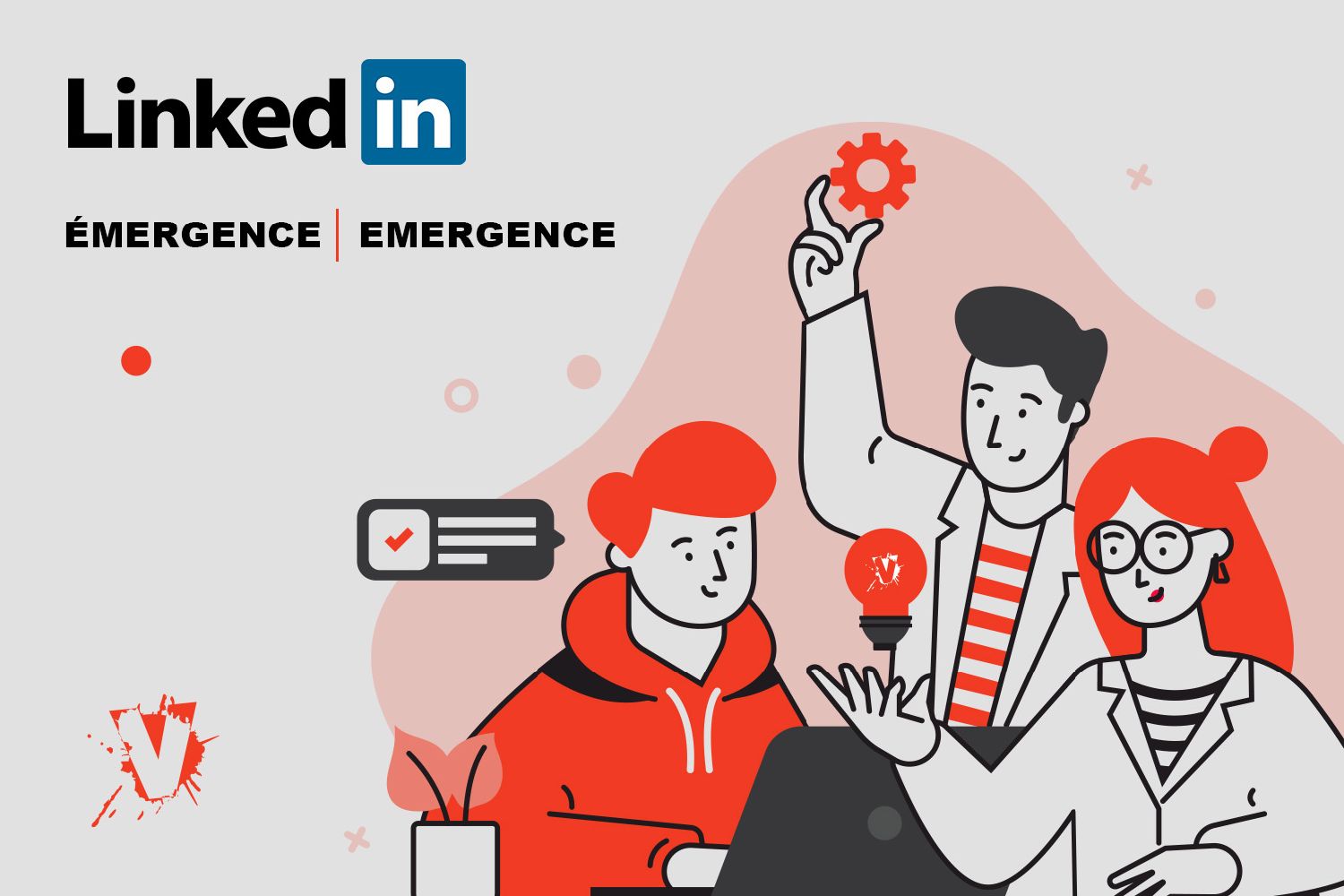The Impact of Artificial Intelligence on the Labour Market: A Revolution in the Making

Artificial intelligence (AI) is undoubtedly one of the most impressive technological innovations of our time. As its adoption accelerates in various sectors, its impact on the job market is arousing increasing interest. Between productivity gains, the creation of new jobs, and the threat of automation, AI is redefining the nature of work.
Automation: Real Threats to Certain Jobs
One of the most immediate and obvious effects of AI is the automation of repetitive tasks. In sectors such as manufacturing, logistics and even financial services, algorithms and robots are taking over tasks that were once performed by humans. This trend towards automation is jeopardizing jobs that require few specialized skills, where repetitiveness and standardization are the norm.
However, it is crucial to note that automation is not limited to low-skilled jobs. Professions once considered safe, such as accounting, report writing, and even some legal tasks, are also under threat from algorithms capable of analyzing large amounts of data faster and more accurately than humans.
New Horizons: Creating New Jobs
AI isn’t just a job-destroying force; it’s also a source of opportunity. The emergence of AI is creating needs in fields such as data science, AI software development, and automated systems maintenance. New professions, such as “prompt engineer” (a specialist in the formulation of AI queries), and AI ethicists are emerging to meet the demands of this constantly evolving technology.
The transition to a more AI-driven economy also implies an increased demand for human skills that cannot be easily automated such as creativity, emotional intelligence, and the ability to solve complex problems. Workers will therefore need to develop these complementary skills to remain competitive in a job market increasingly influenced by AI.
Adaptation: A Challenge for Workers and Companies
The impact of AI on the labour market highlights a major challenge: adapting workers and companies to new realities. Workers must continually train to acquire skills related to emerging technologies. Companies, meanwhile, must rethink their organizational models to integrate AI ethically and effectively.
The importance of continuing education cannot be underestimated. Initiatives such as professional requalification programs and online courses offer workers ways to acquire the skills they need to thrive in a work environment transformed by AI. What’s more, companies that invest in employee development can not only mitigate the negative effects of automation, but also leverage AI to drive innovation and growth.
Towards a Balance Between Human and Machine
The AI revolution is inevitable, but its impact on the labour market will largely depend on how it is managed. Rather than seeing AI as a threat, it’s essential to approach it as a powerful tool that can be used to improve working conditions, increase productivity, and create new opportunities.
Ultimately, the goal should be to strike a balance between human and machine where AI complements human capabilities rather than replaces them. Policymakers, businesses, and workers must work together to ensure that the transition to an AI-dominated labour market benefits everyone by minimizing job losses and maximizing growth opportunities.
The future of work in the age of artificial intelligence is still being defined, but one thing is certain: those who know how to adapt and evolve with these technologies will have a considerable advantage in tomorrow’s professional world.
The Emergence of LinkedIn: The Platform that Redefines Networking Professional
Published on 6 august 2024









